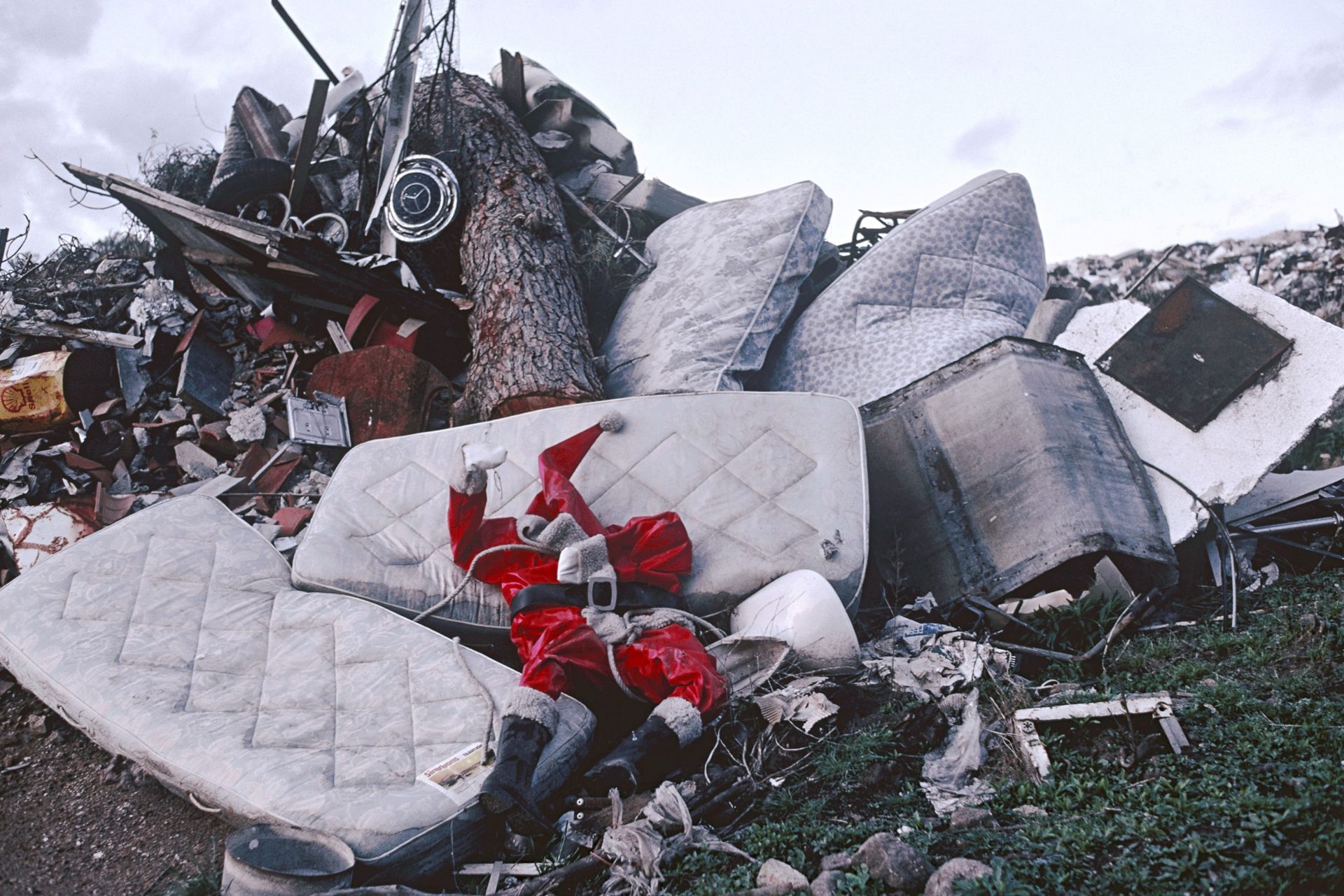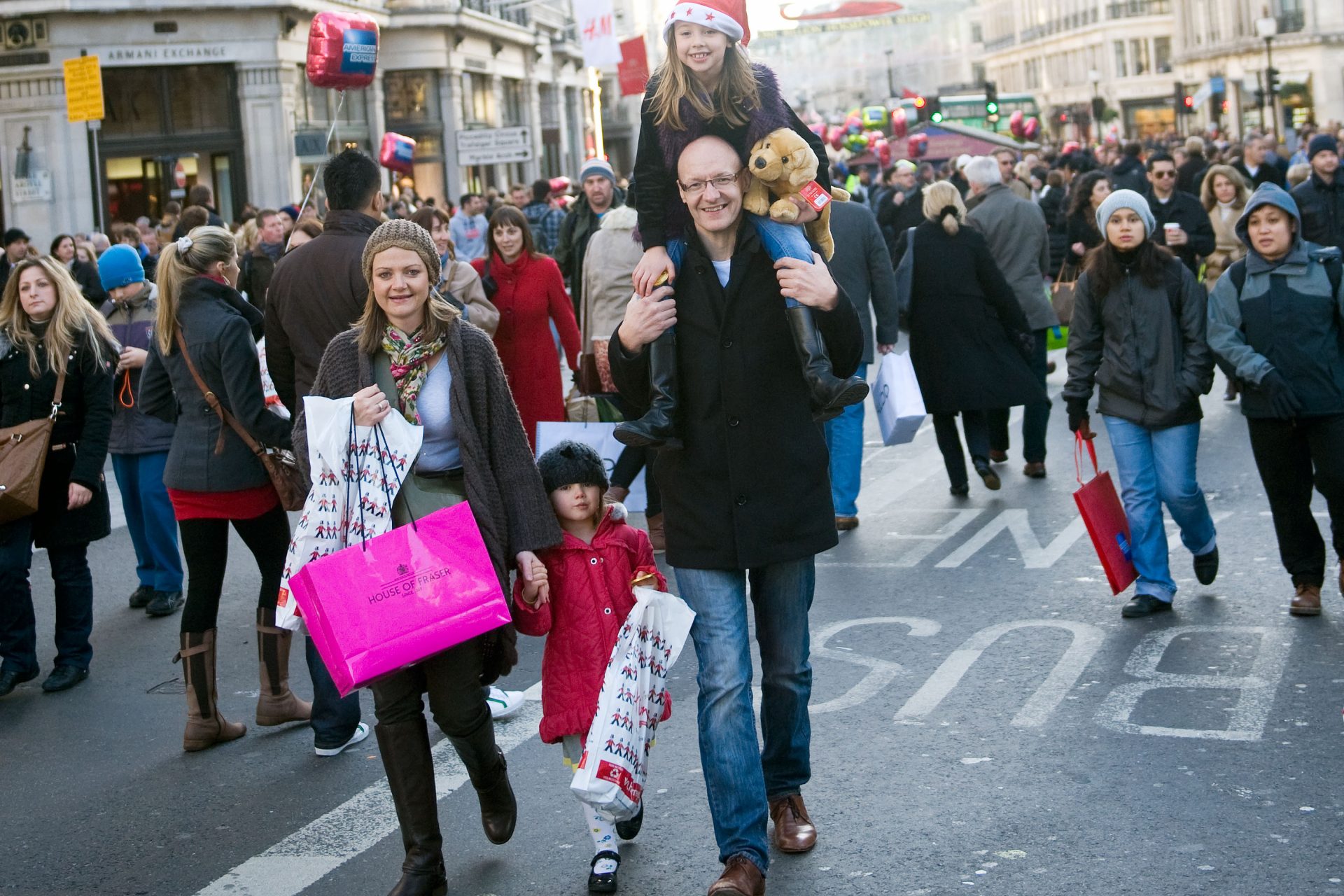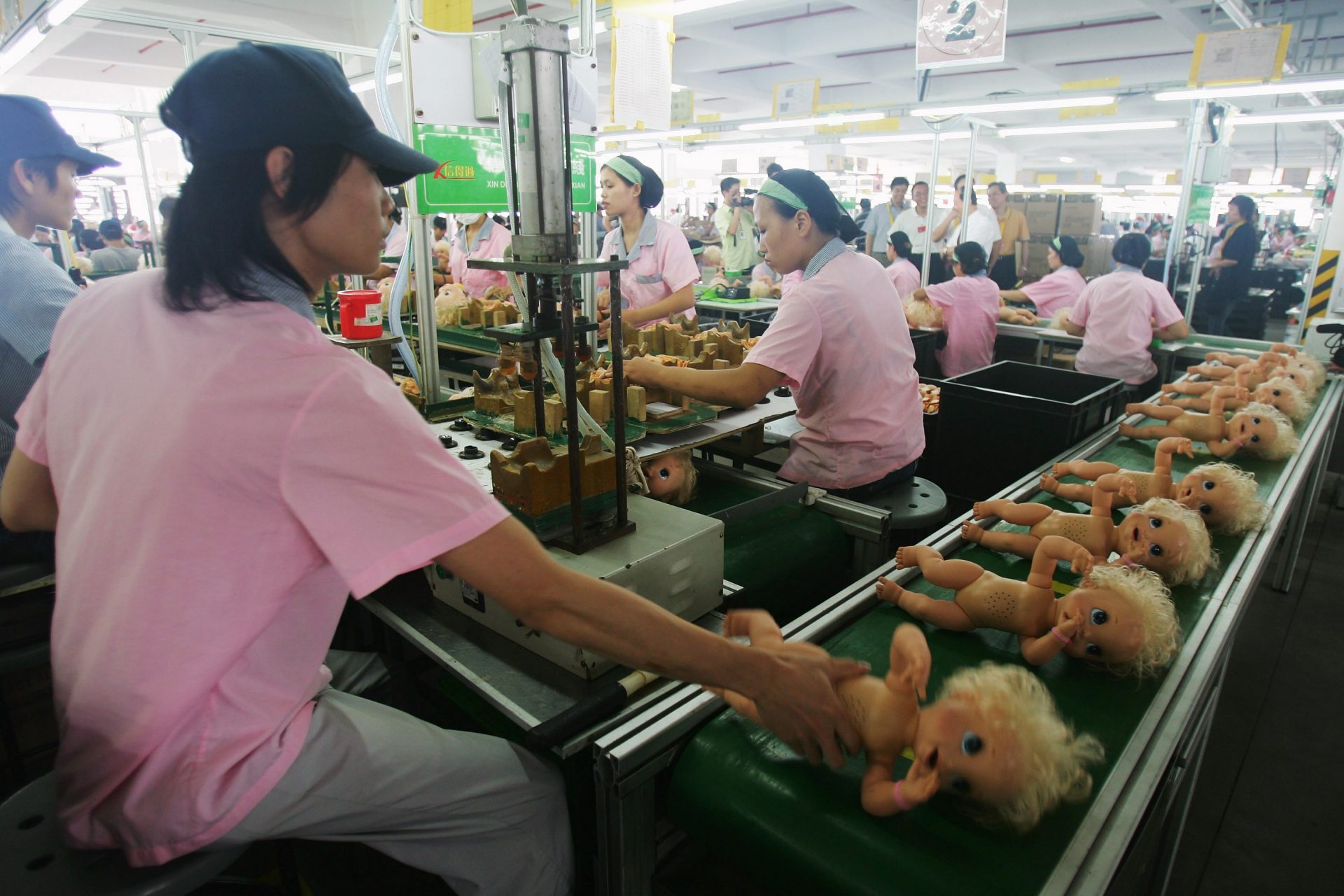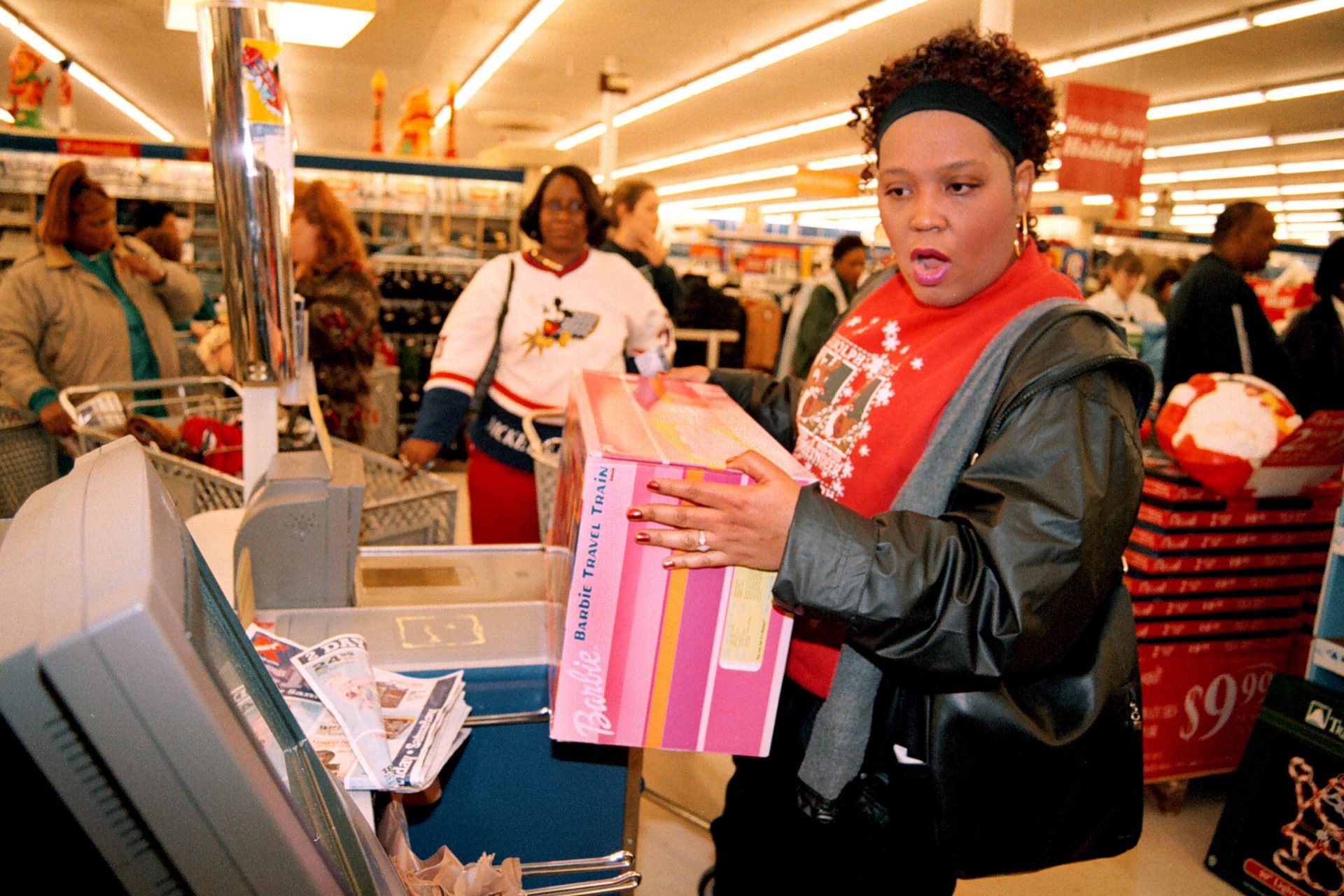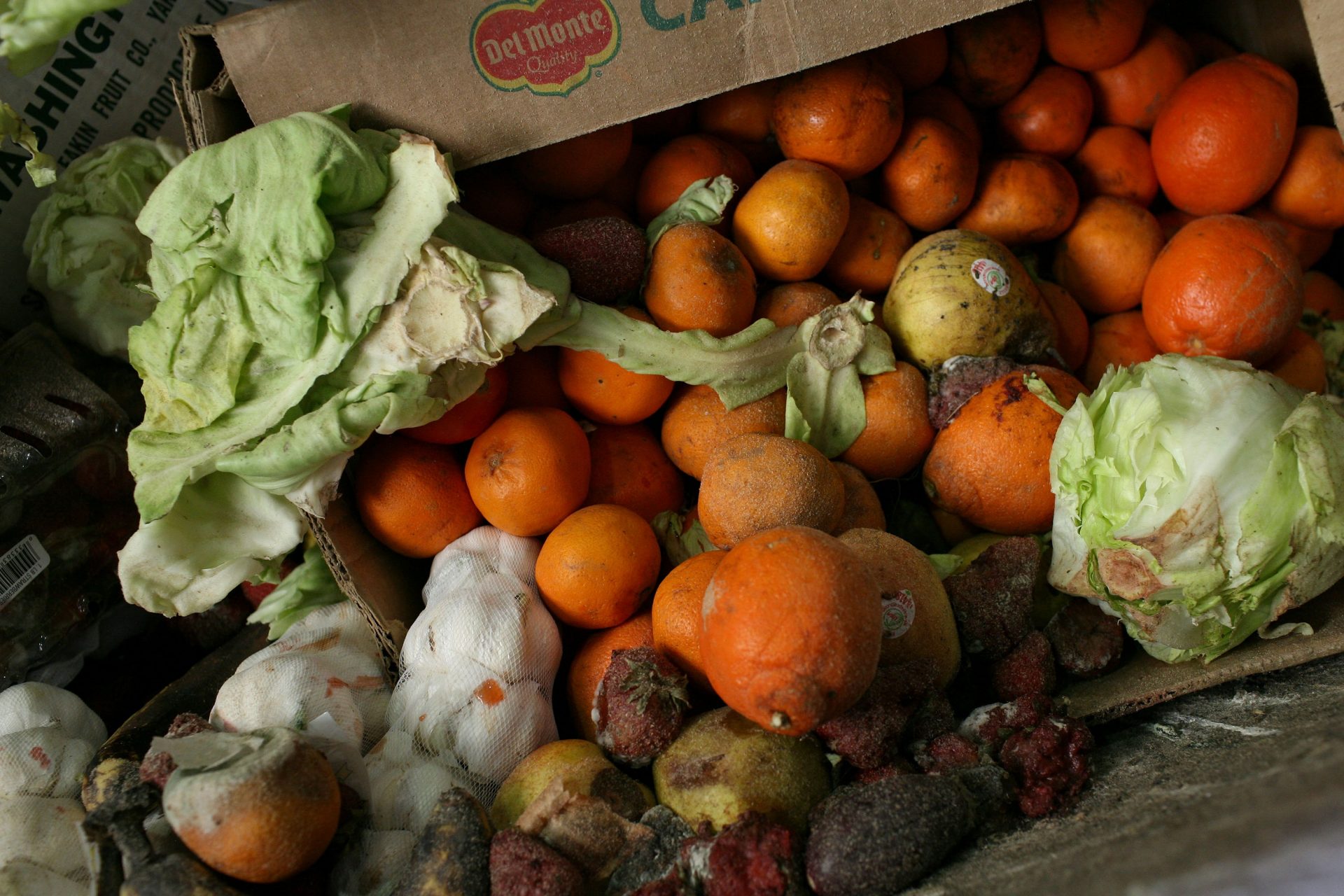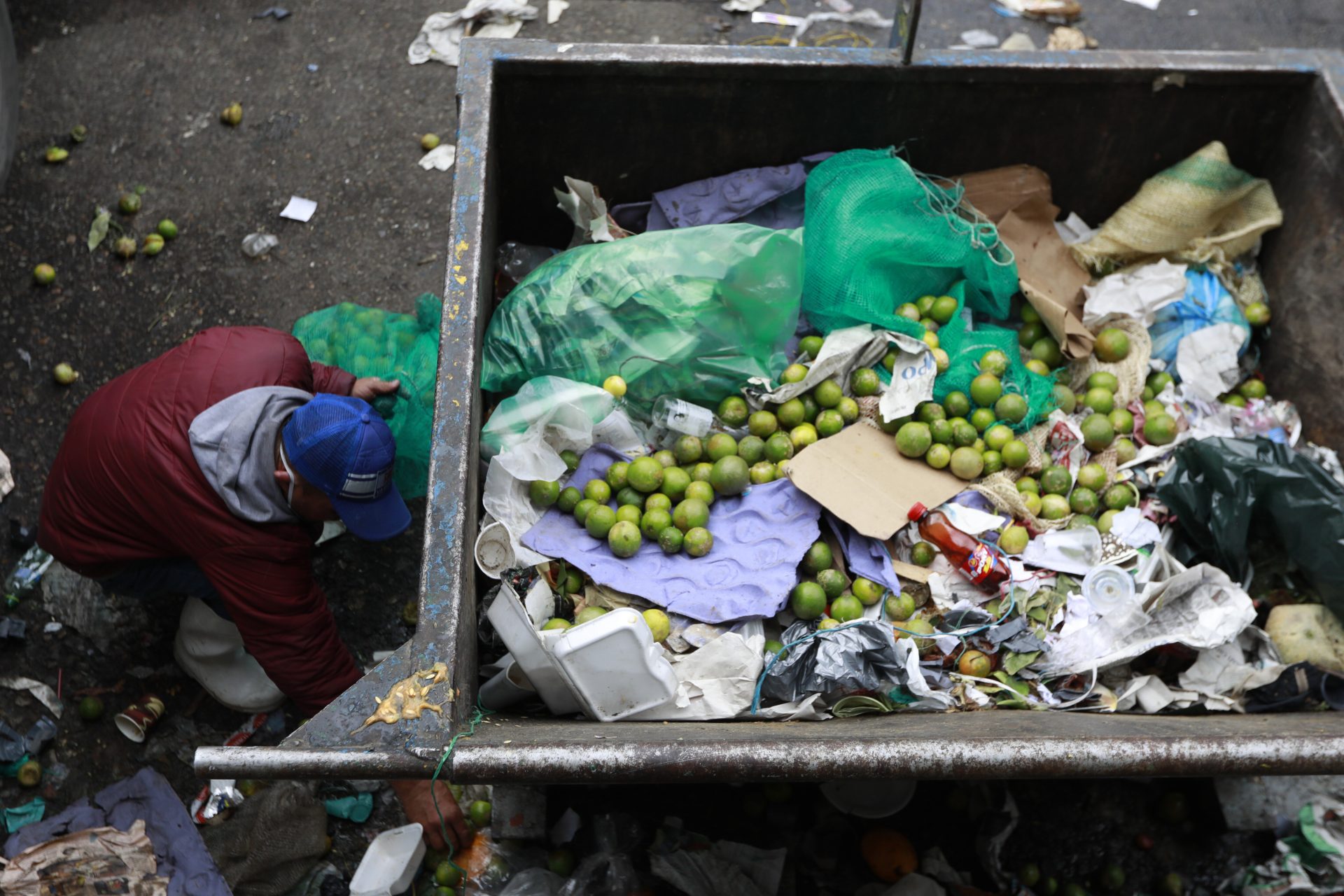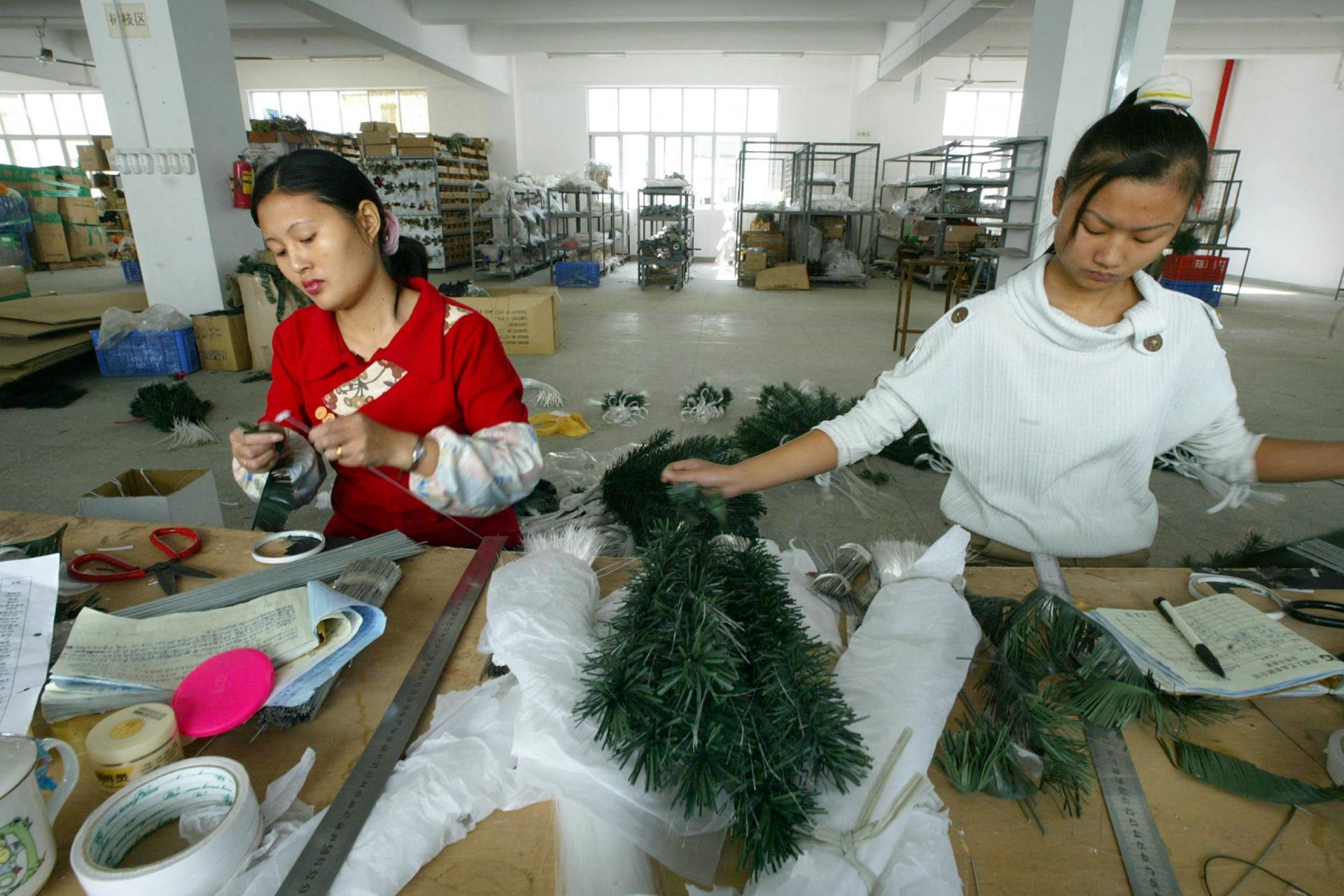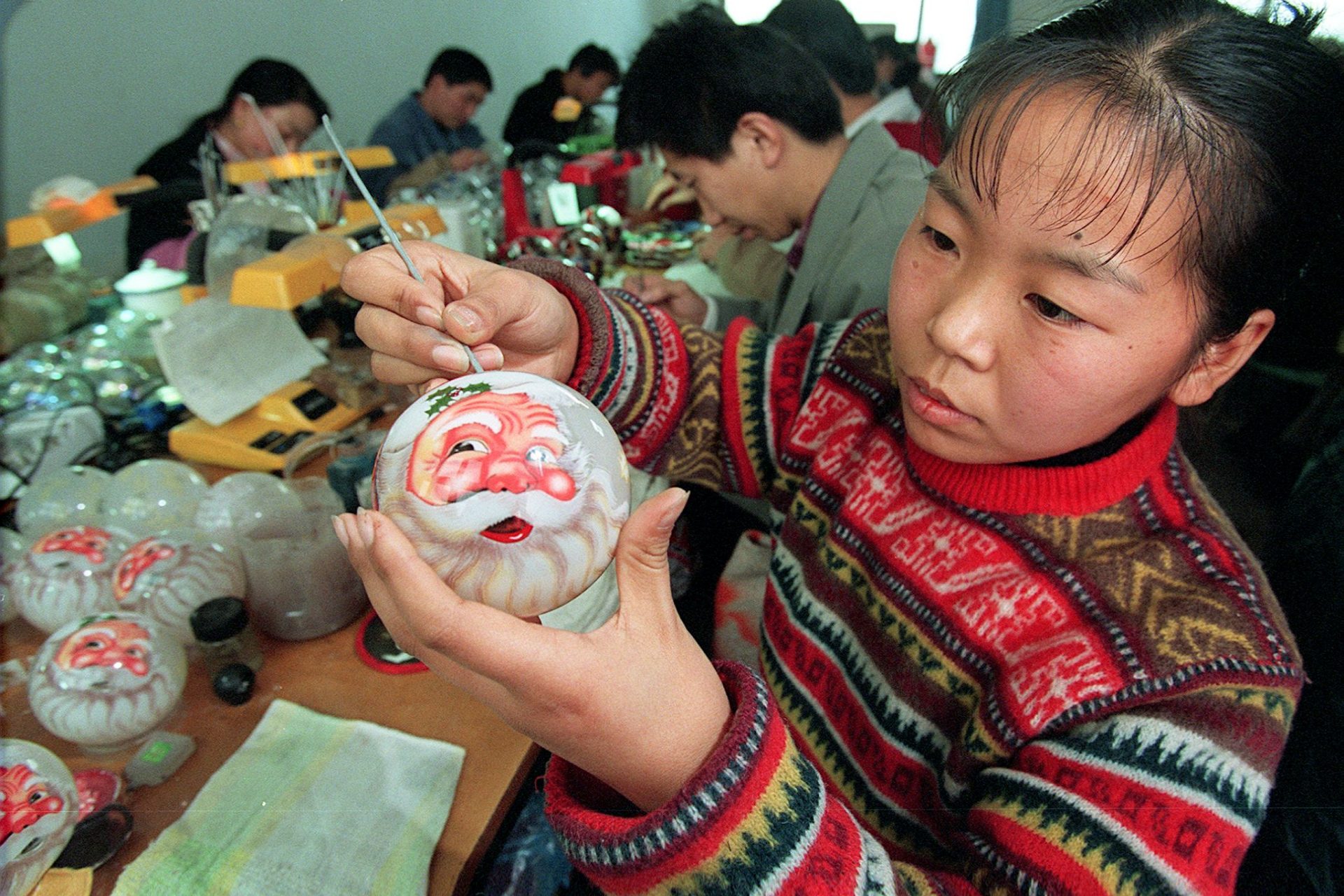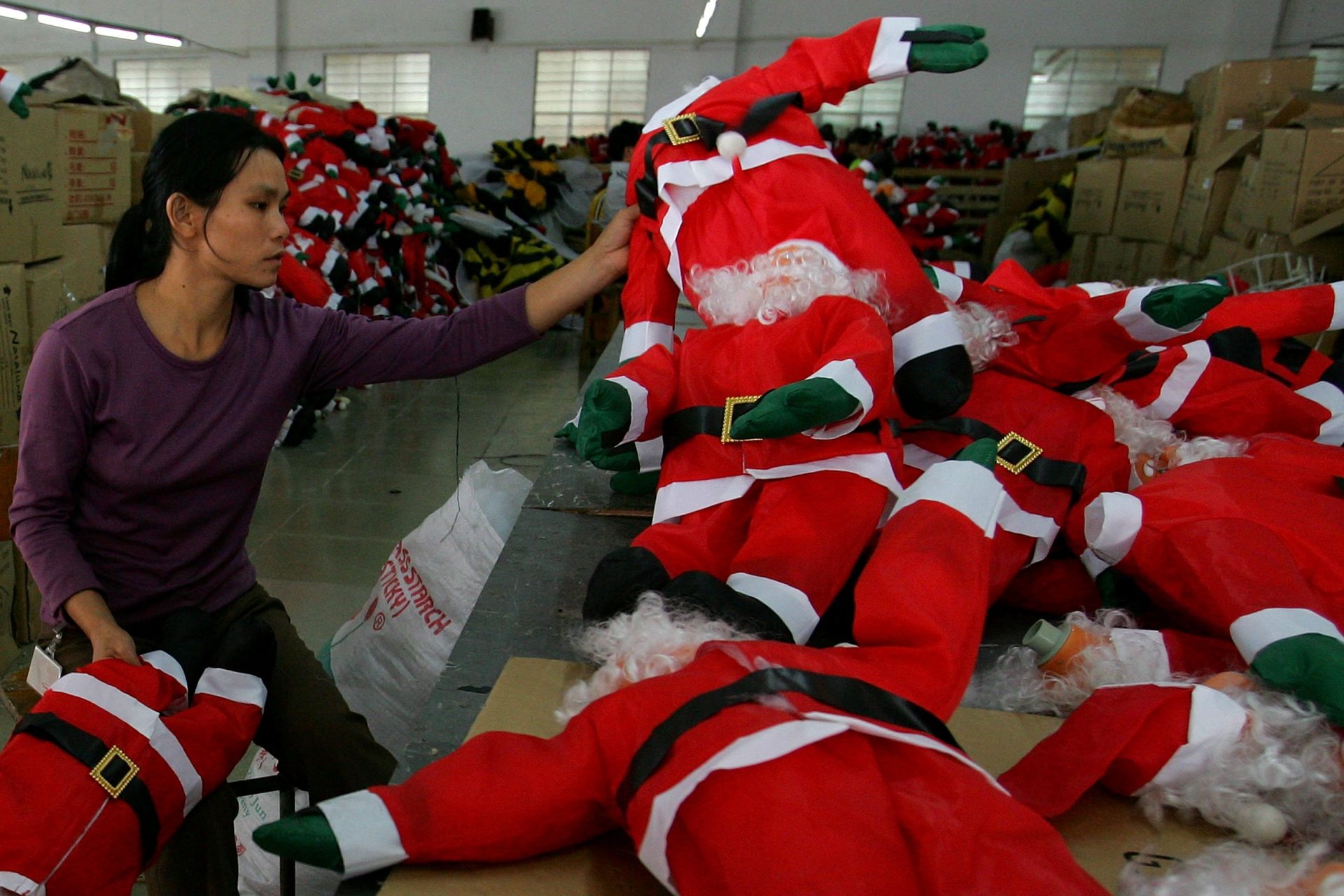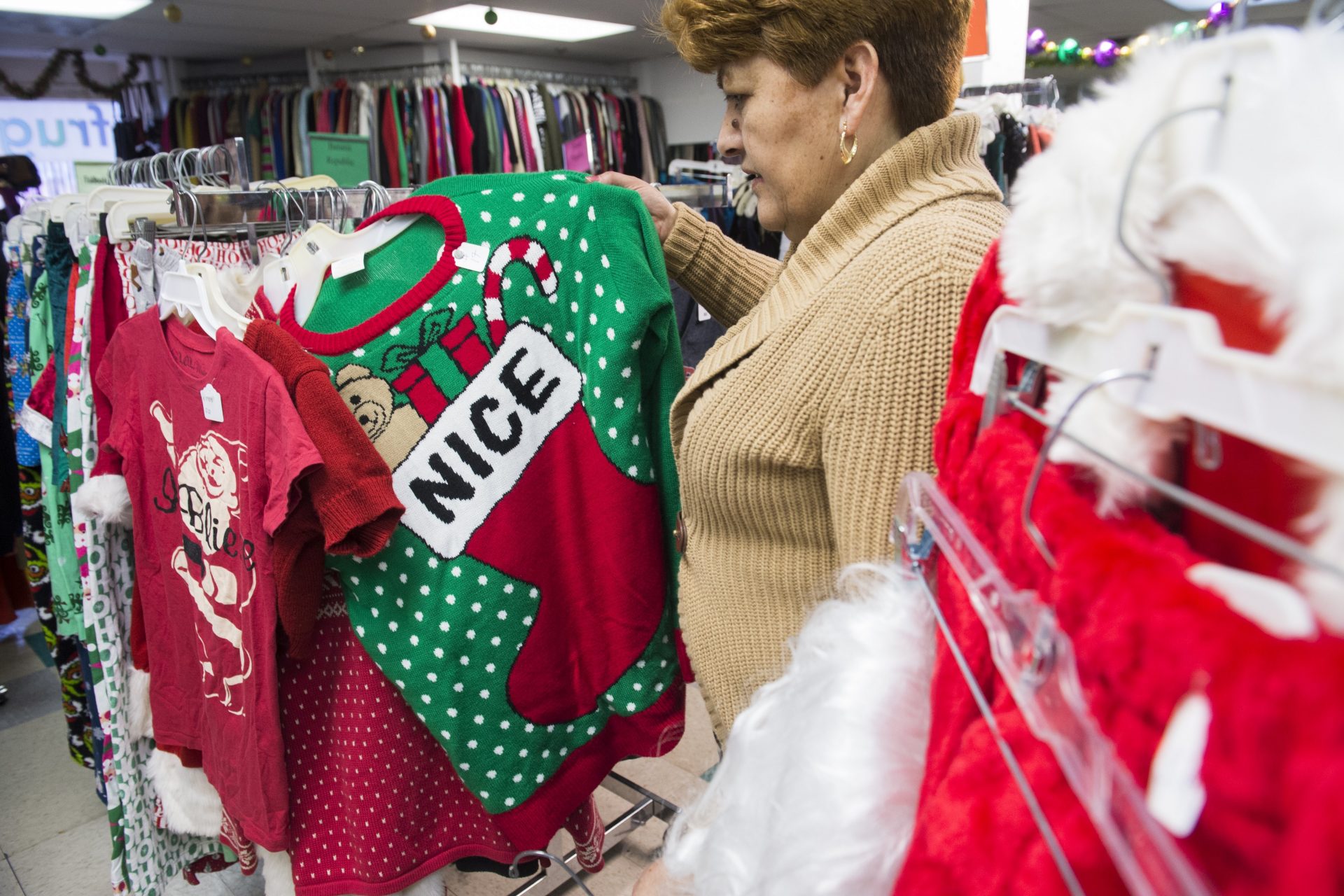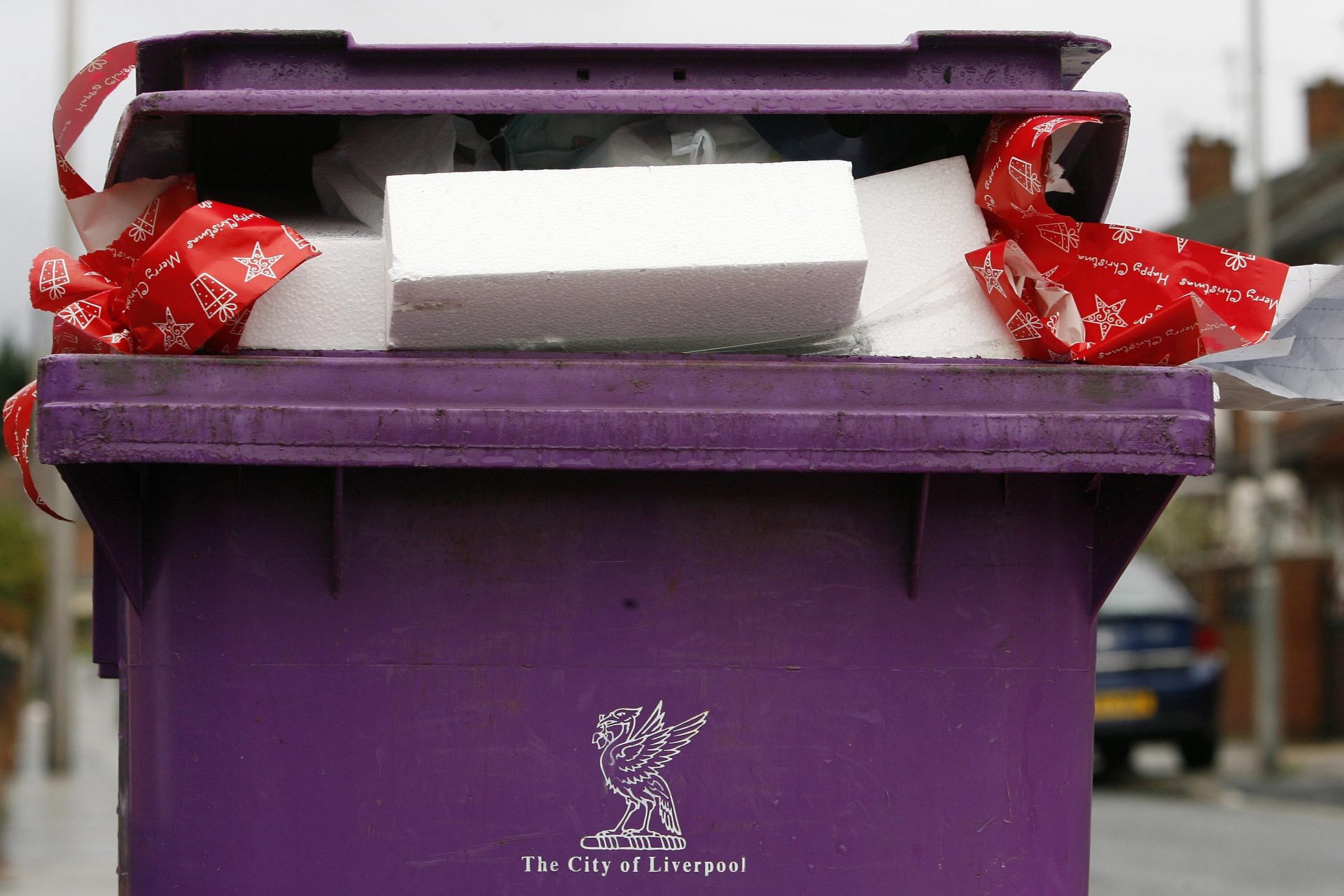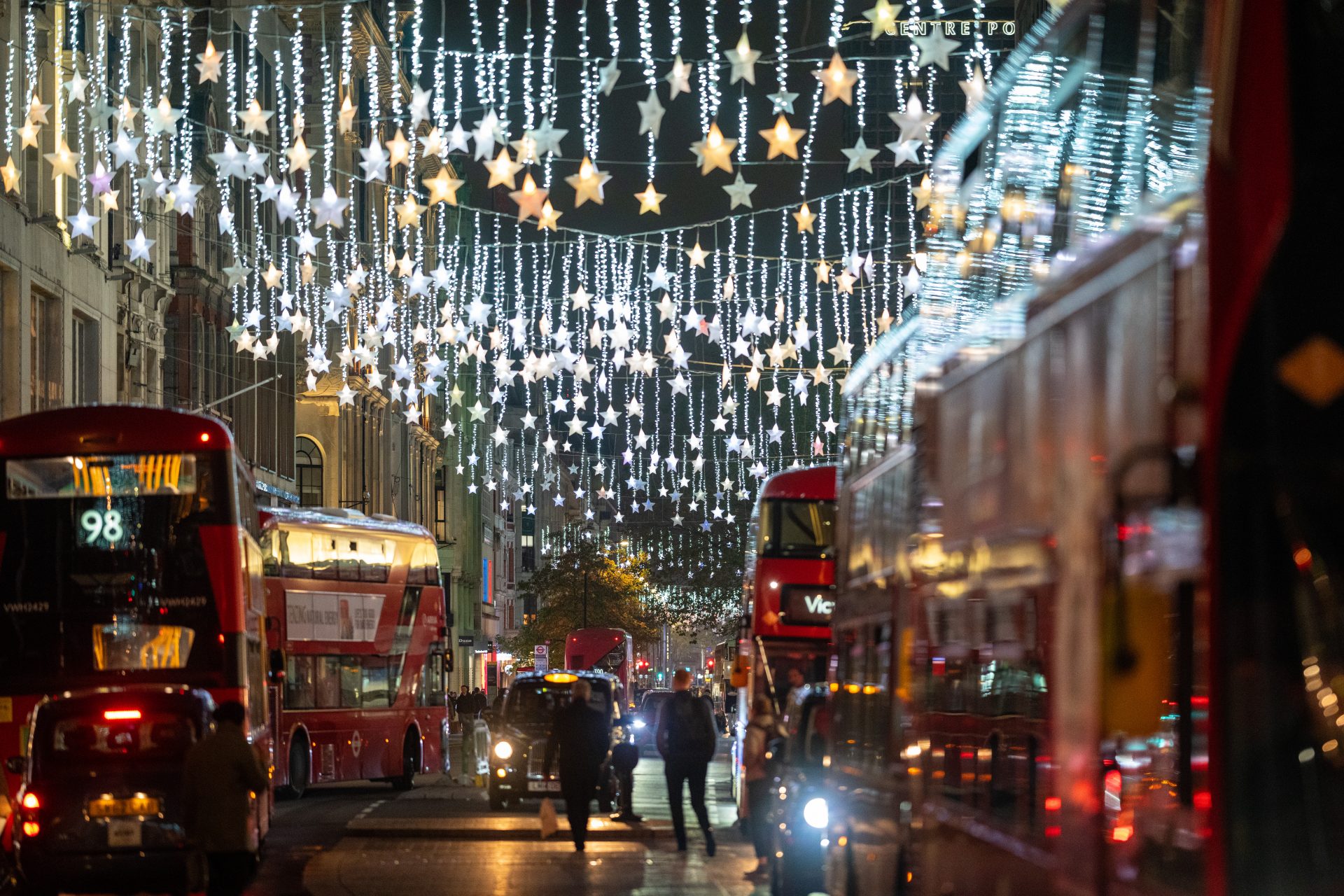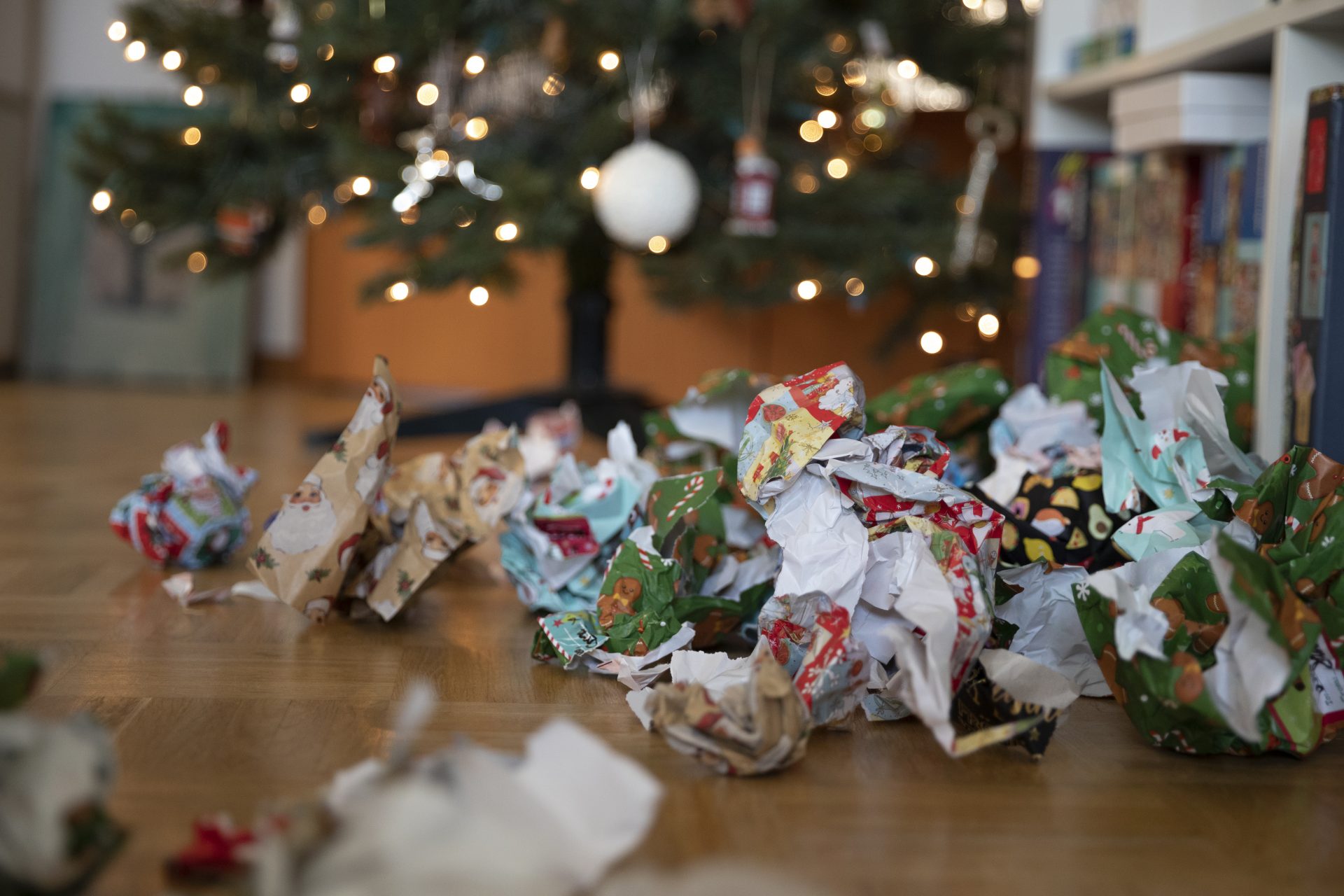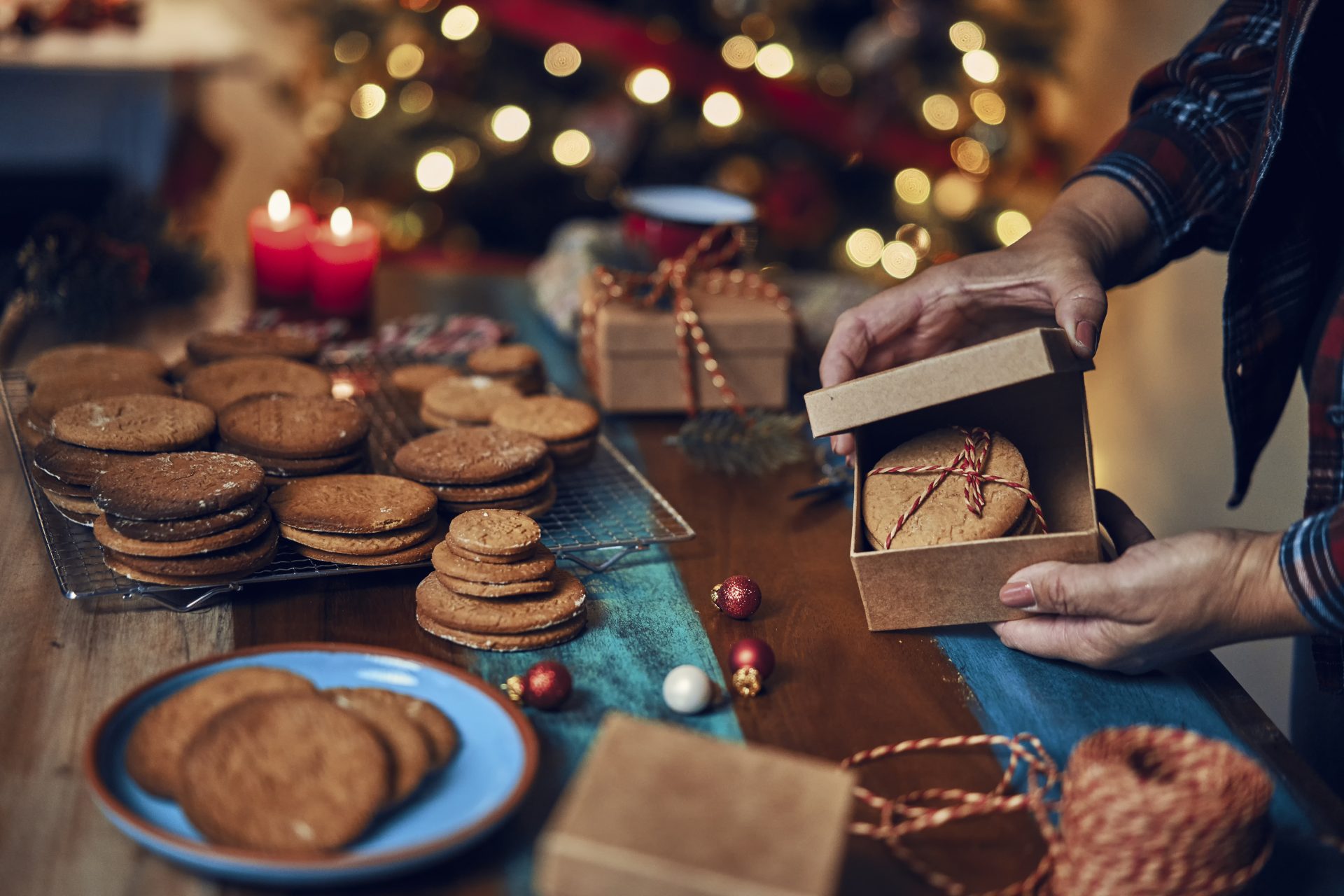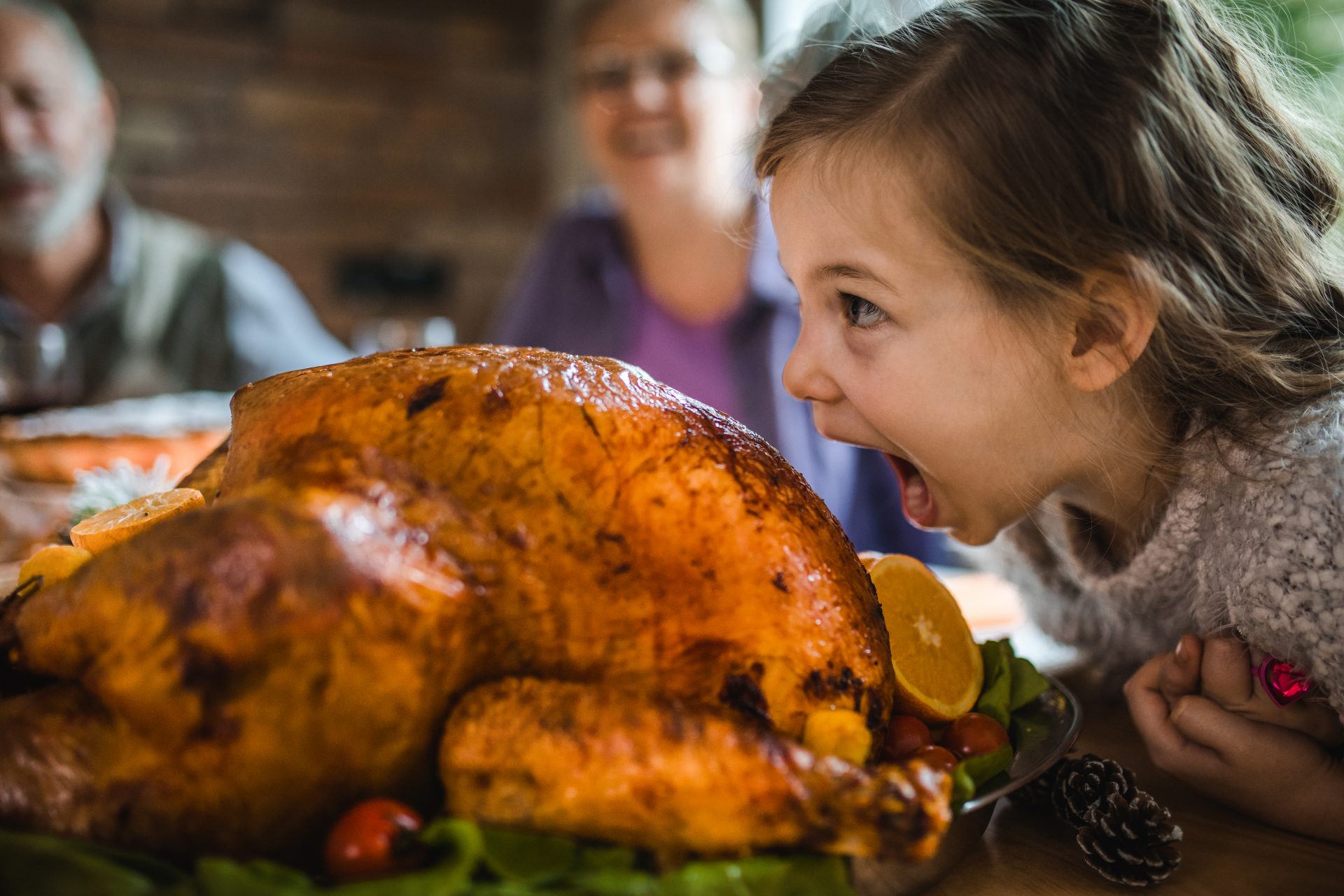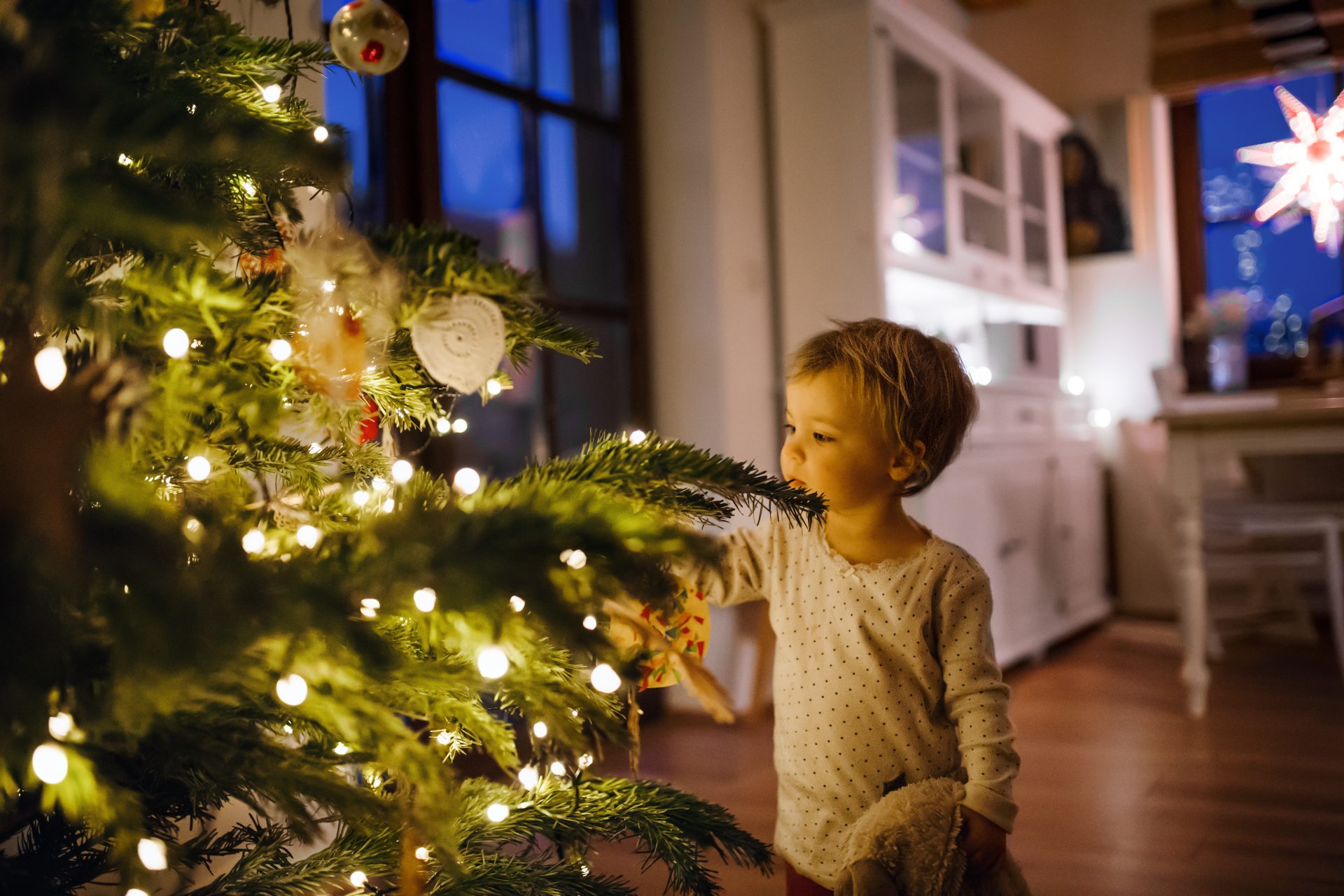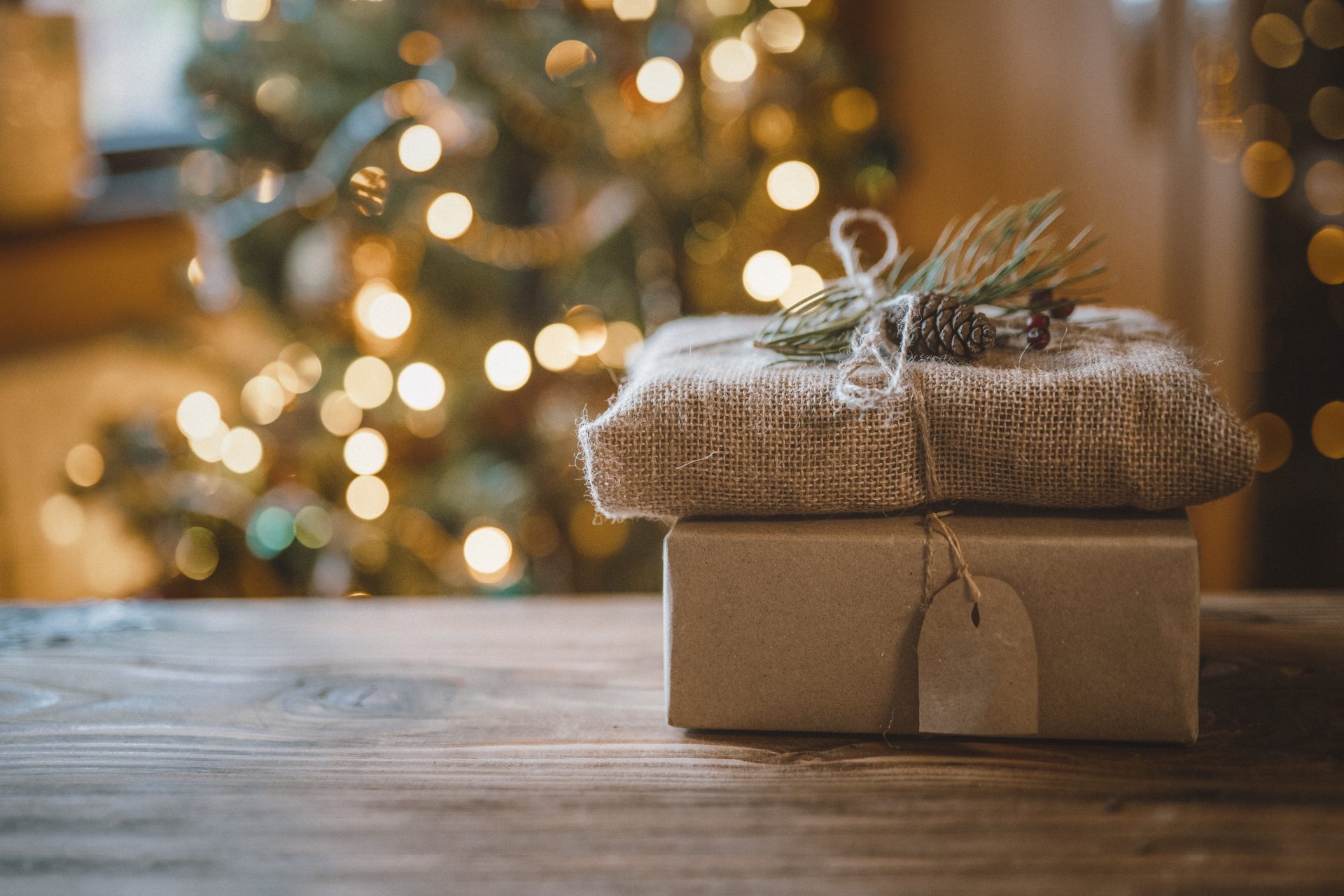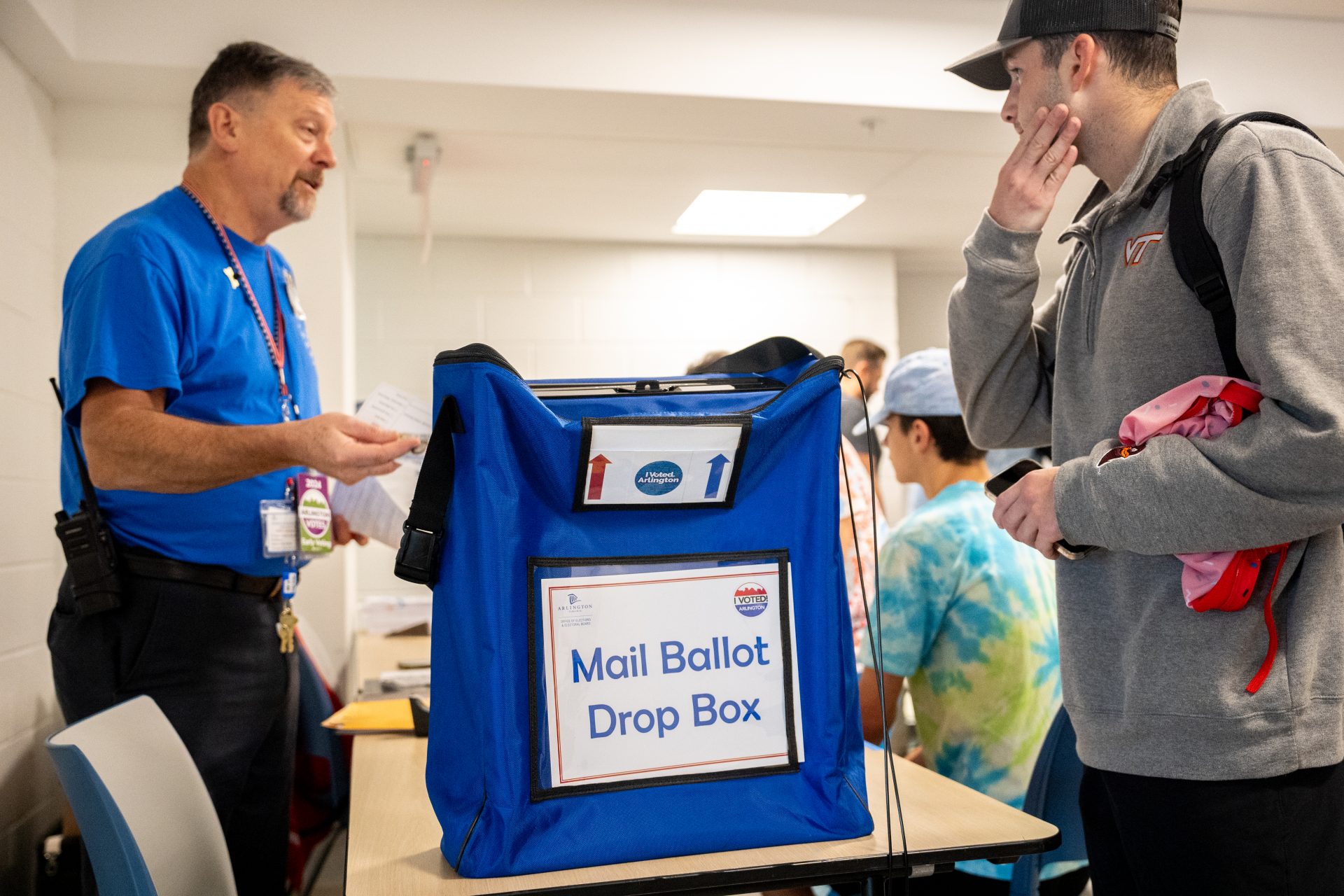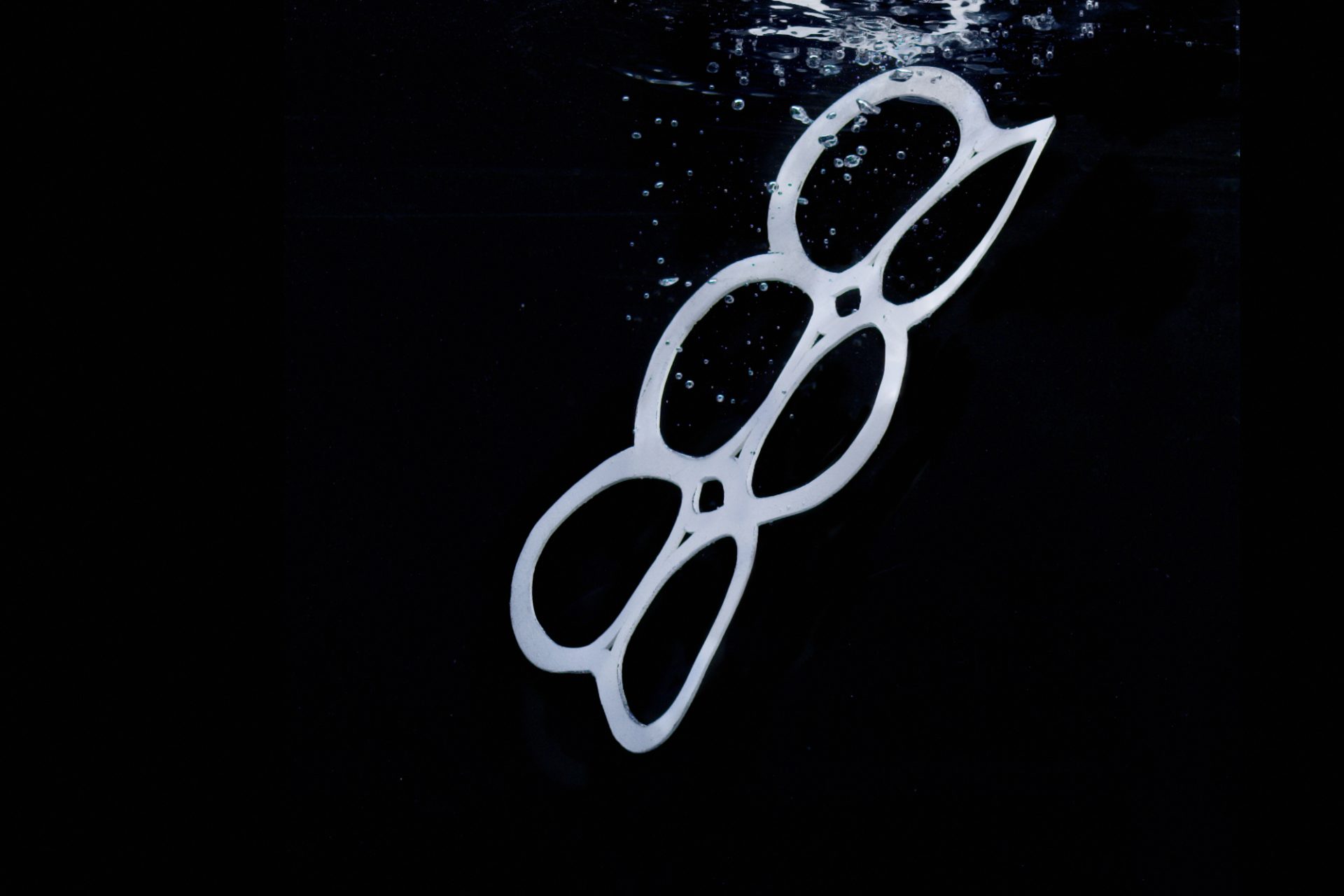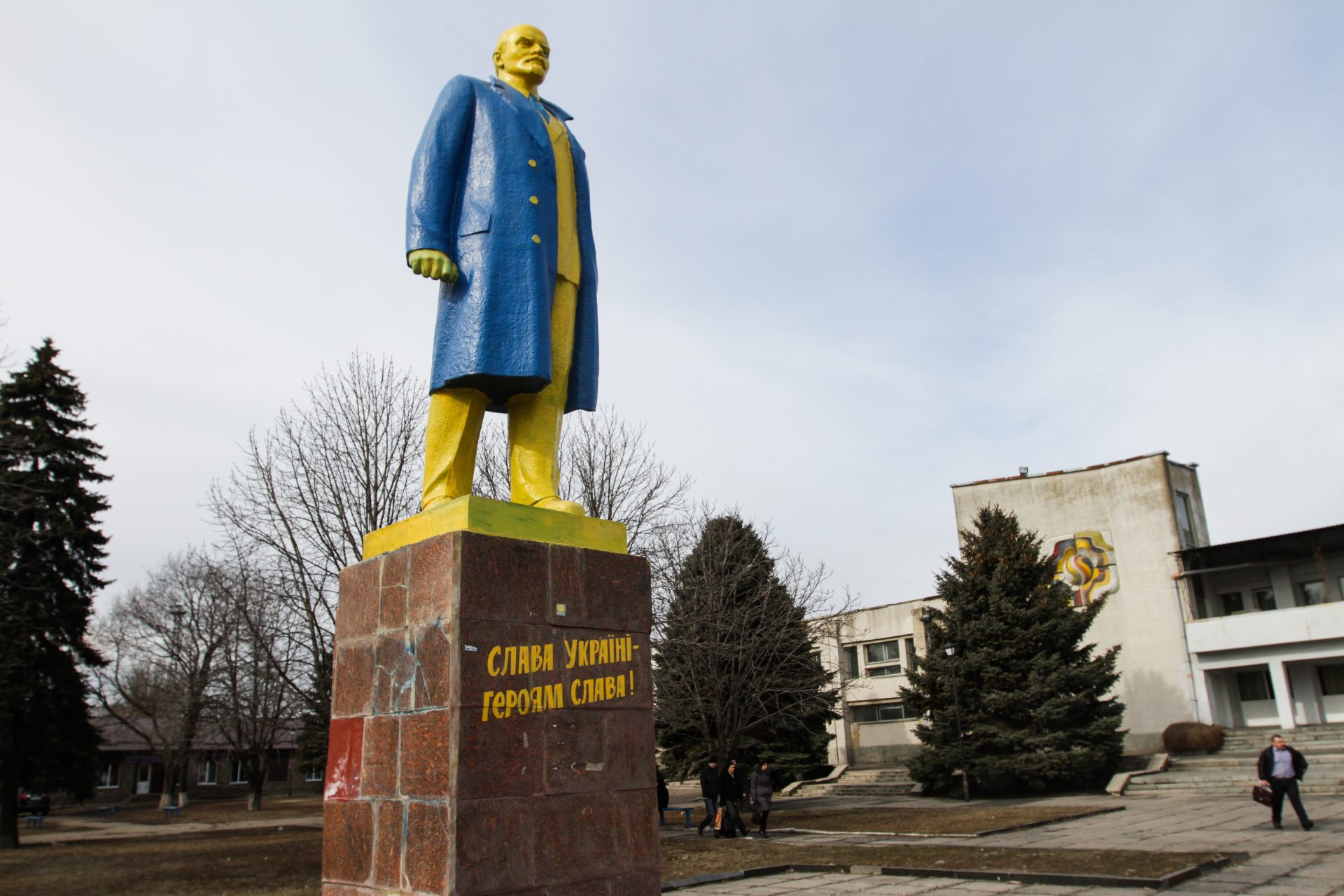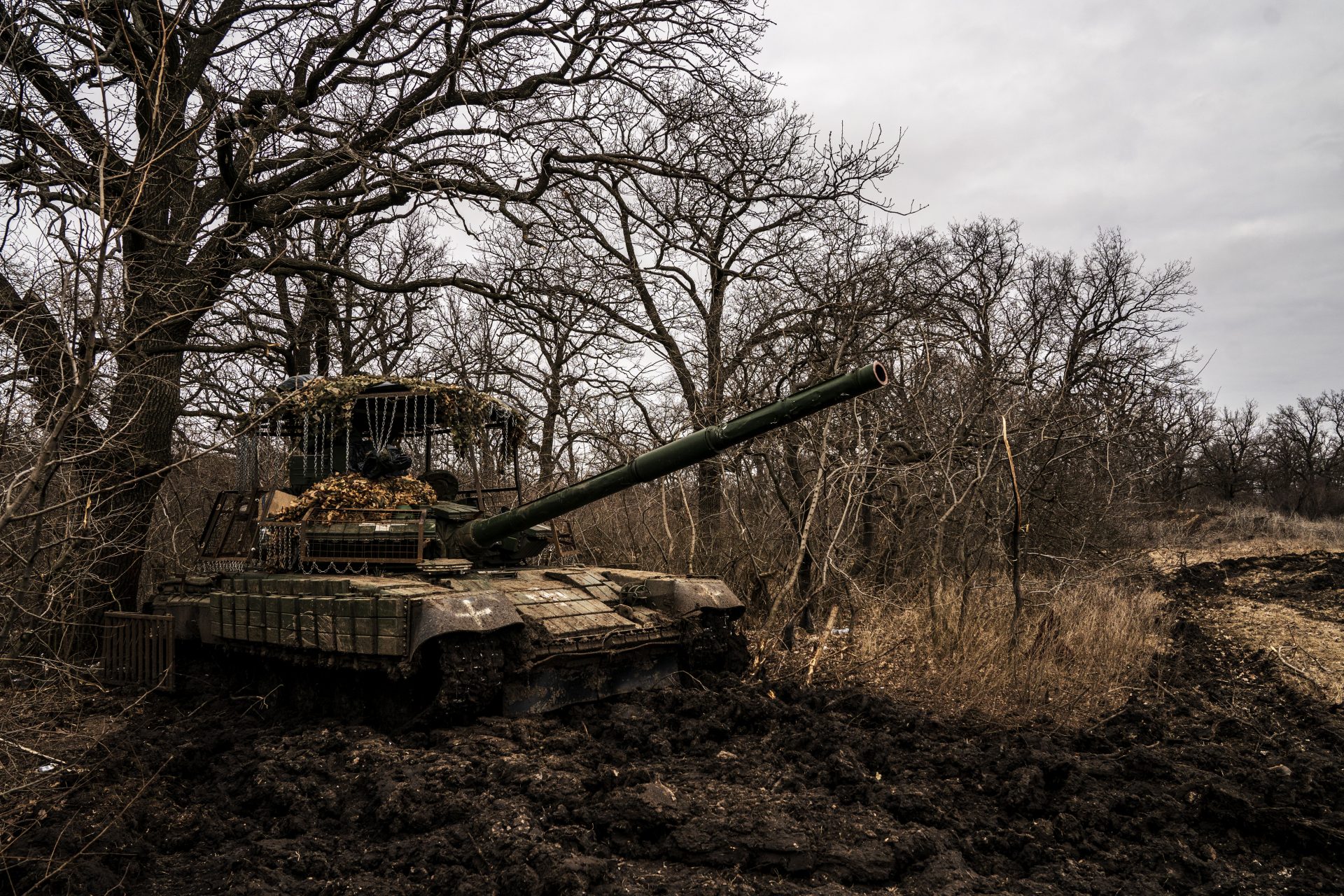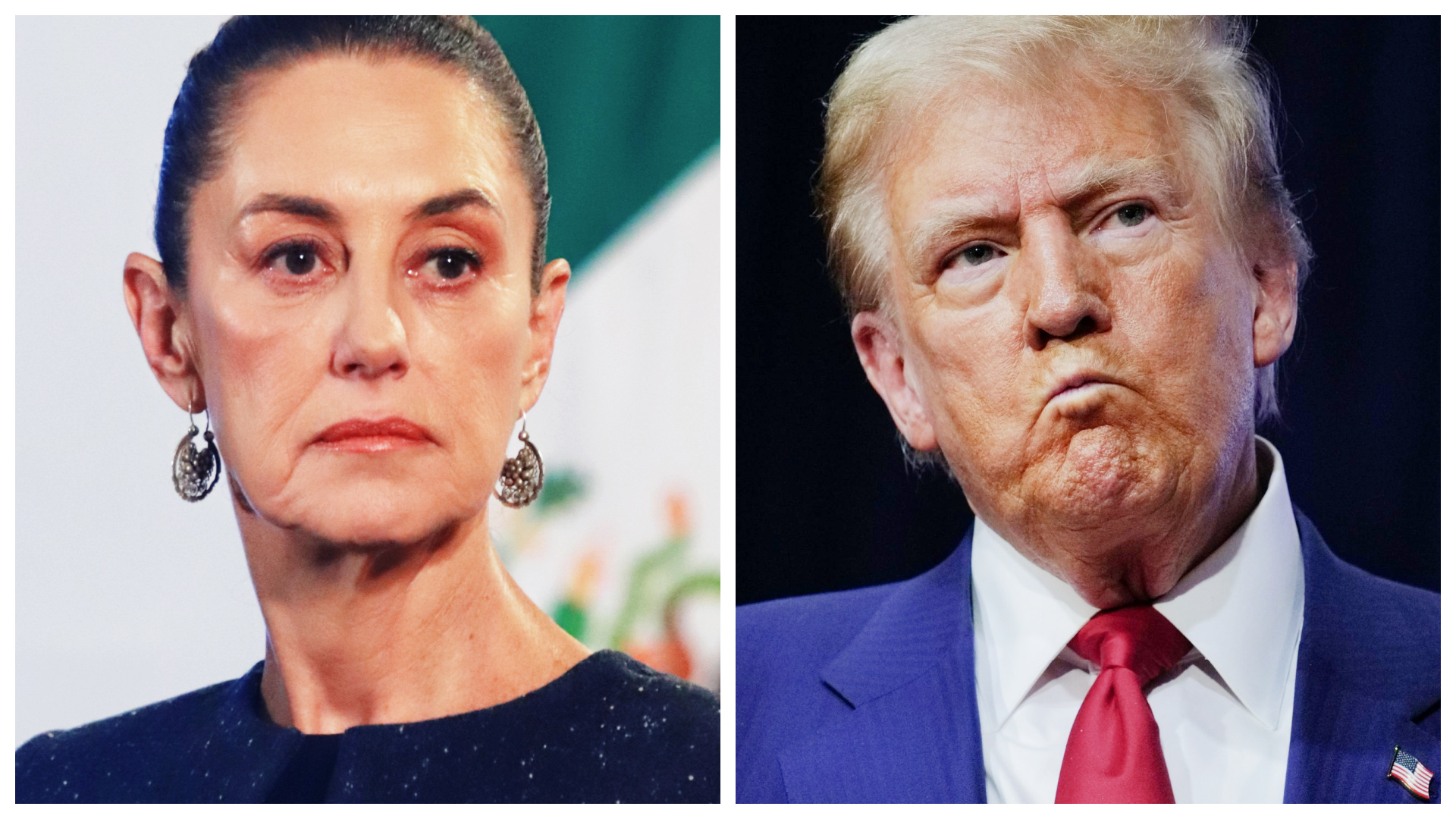Christmas is killing the planet
The festive season of Christmas, a time for joy, togetherness, indulgence and wonder, comes with a significant environmental price tag. Our beloved holiday traditions, such as gift-giving, feasting, and decorating, have a massive ecological footprint, leaving behind a trail of pollution, waste, and greenhouse gas emissions.
A 2022 study by the University of Oxford, published on the University's news website, found that the average UK household spends £400 ($530) on Christmas-related purchases, with the majority of that spending on gifts.
Per the study, these gifts' production, transportation, and disposal generate significant carbon dioxide, equivalent to driving a car for 4,000 miles or 6437 km.
According to the website ExplodingTopics, the average household spends around $1,000 on Christmas gifts in the United States, resulting in an even larger carbon footprint.
The United Nations Environment Programme (UNEP) estimates that global gift-giving contributes up to 800 million metric tons of carbon dioxide emissions annually.
Gifts are just the beginning of how our festivities harm our planet. Holiday feasts also come at a cost to the environment. The traditional Christmas dinner of turkey, stuffing, potatoes, and vegetables can produce a staggering amount of food waste.
In the UK, it's estimated that 3.6 million turkeys, 1 million mince pies, and 27 million Brussels sprouts are thrown away during the festive season, according to an article on the subject by The Guardian.
In the United States, according to an article by Mother Jones, Thanksgiving and Christmas food waste combined account for an increase of 1 million extra tons of wasted food in the country.
Your choice of a Christmas tree also has environmental implications. While real trees can be composted or recycled, they often come from far-away places, incurring transportation emissions.
While reusable, artificial trees often contain harmful chemicals, require energy and are usually shipped from far-away, low-production-cost countries with questionable working conditions.
Then there is the problem with Christmas decorations. More often than not, consumers around the globe buy cheap, mass-made holiday decorations that usually come from factories in China.
Made of cheap plastic, many of these decorations, which attract us due to their novelty factor, often do not last longer than a season and end up in landfills.
The cute but unfortunate trend of "ugly" Christmas sweaters also wreaks havoc on our planet. According to the environmental group Hubbub, in the U.K. alone, it is estimated that 12 million Christmas sweaters will be purchased in a typical holiday season.
Sarah Divall, project coordinator of Hubbub told Politico, "The Christmas jumper is one of the worst examples of fast fashion, with two out of five jumpers only being worn once over the festive period."
These chintzy sweaters add unnecessary waste to an already horrendously wasteful holiday. To make matters worse, Hubbub also notes that most of these cheapo sweaters contain plastic. In an analysis, Hubbub found that 95% of Christmas sweaters were made entirely or partially out of plastic materials.
Another big problem at Christmastime is all the unrecyclable wrapping paper. According to a study by the waste management company Biffa, around 365,000 km or 227,000 miles of unrecyclable wrapping paper are end up in landfills in the United Kingdom alone after Christmas.
The ubiquitous Christmas lights that adorn homes and cities also contribute to energy consumption and pollution. The festive lights in London alone consume an estimated 10 megawatts of electricity, enough to power 5,000 homes according to Time Out.
While the environmental impact of our Christmas celebrations is undeniable, there are ways to reduce our footprint and foster a more sustainable holiday season.
Think about what your are giving people carefully and consider giving experiences, thrifting, homemade gifts, or donating to charity instead of material items.
You can have a lovely holiday meal and still take care of mother Earth. Cook only what you need, and compost or repurpose leftovers. Furthermore, choose local and seasonal products to reduce the environmental impact of your feast.
If you have an artificial tree, take good care of it to make it last as long as possible. If you decide to update your Christmas decorations, try making your own or buying from local artisans. Just say no to the cheap Chinese decorations!
...or pick some up from a thrift shop! If you are crafty, you can also make your own, but avoid the fast fashion ones at all costs!
Make sure you turn off your Christmas lights when you aren't using them or set a timer so they turn on and off automatically. If you have to buy new lights try solar or at the very least choose LED which are far more energy efficient.
Use recyclable brown paper, newspaper, or old shopping bags to wrap your presents. You could also try using cloth bags or fabric to wrap up your gifts.
It might seem like a chore but once you get accustomed, having a green Christmas really isn't all that hard. Our planet is at a tipping point and it is time we all start to think more about our actions, even during holidays and special occasions.
More for you
Top Stories



